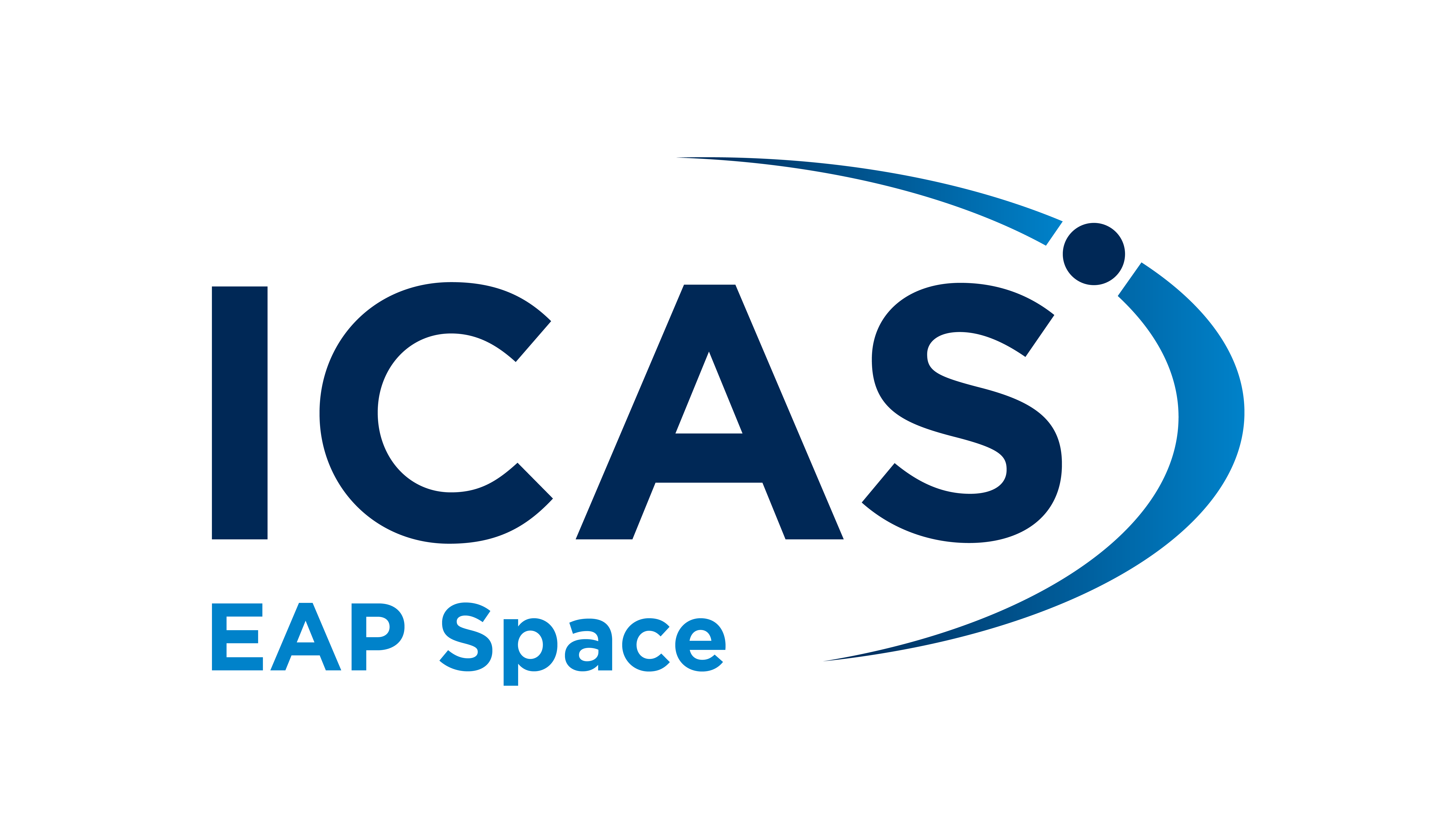Małgorzata Kwiatkowska: “Apartment for sale at a bargain price”, “Opportunity! You can’t buy a house any cheaper!” – while searching for a dream place to live, we come across thousands of such ads. Due to the high prices on the real estate market, they are seemingly very tempting – but are they safe?
Michał Koralewski: The low price, especially lower than the prices of similar properties in the area, should make us cautious. Of course, it will not always mean that the seller did not disclose everything in the advertisement – sometimes, an opportunity arises simply due to an urgent need to sell. Usually, however, it is motivated by inconveniences to be dealt with by the buyer. Most often, it is about the sale, which subject is not the ownership of the premises, but the cooperative ownership right established on premises belonging to housing cooperatives.
We can also deal with the sale of the right of perpetual usufruct – although it gives almost the same rights as ownership, it is established for a period of 40 to 99 years. Moreover, the perpetual usufructuary has to pay an annual fee to the property owner. Therefore, the lower selling price may not be attractive when we add the sum of the perpetual usufruct fees to it. In addition, it is good to check whether the property has been encumbered with someone else’s property title (e.g. usufruct, easement) or obligation (e.g. rent, lease).
It also happens that behind, so to speak, a tempting-sounding announcement, there is the necessity to carry out a less tempting but costly renovation, replacement of the electrical installation or an outdated heating system. Yet, seeing the attractive price of the property we do not have to cross it out immediately – instead, we should ask the seller detailed questions about the reasons for such a price, and carefully verify related documents.
MK: It is also worth taking into account the fact that the price of the apartment itself is only a part of the cost of purchasing a property.
MK: Of course. We also have to pay the notary fee, i.e. the notary’s remuneration, court fees for changes to the content of entries in the land and mortgage register, as well as tax on civil law transactions. Depending on the selling price, these costs can be even tens of thousands of zlotys. The tax on civil law transactions itself amounts to 2% of the selling price of the property.
MK: For the purposes of our conversation, let’s assume an unpleasant scenario. Using your experience, I would like to ask, how do sellers most often try to deceive potential buyers?
MK: The most common problem is the condition of the site and its auxiliary premises (basement, garage). Even the most beautiful photos on the advertising portal and the brokerage’s assurances cannot lull our vigilance. We should check installations, tightness of windows and traces of painting on the walls that were supposed to hide something. We should also read the content itself carefully because important information is often cleverly masked. For example, the proximity of a communication hub may mean that we have to take into account a lot of traffic in the immediate vicinity, and the slogan of a beautiful view of the forest may actually refer to a property located on the outskirts of the town.
Since the contract requires the form of a notarial deed, it is more difficult for sellers to deceive the buyer. The real estate and its encumbrances are verified by a notary public. However, if we decide to conclude a preliminary contract in writing and pay an advance payment, its subsequent recovery may already pose some problems. Let’s say the seller offers a 100-meter apartment. After inspecting it, we conclude a preliminary contract and pay the down payment. Only at the stage of the final sale agreement, when the notary receives the required documents, it turns out that some of the rooms have been adapted from common parts of the real estate and are only leased from the housing community, and the premises itself has in fact 70 m2. It may be difficult to prove that the buyer did not know about it – after all, they could have asked for the number of the land and mortgage register – consequently, the withdrawal from the contract due to the seller’s fault will not be so obvious.
MK: What are the most common mistakes that buyers make?
MK: They often perceive the property as they imagined it based on the content of the advertisement, professional photos and their own dreams of a perfect apartment. These factors may cloud one’s thinking – we do not take sufficient due diligence when inspecting the premises and verifying its legal status.
It is difficult to be objective in your own case, so it is worth visiting the selected place with a third party – a professional or even a friend or family member. It is important that such a person is not personally involved in the purchase of the property, which will help in remain more objective and accurate. I would also advise to make a list of items to be checked, both during the visual inspection and in the property documentation. By following such a list, important points will not be overlooked.
MK: Counsellor, let’s move on to the documents. Which are especially important?
MK: In the case of the primary market, before concluding a contract with a developer, remember to first of all check the information prospectus – in order to do that, go to the website http://prs.ms.gov.pl (available in Polish version only). This is where information about the developer’s legal and financial situation appears, including KRS number of the company under which it operates. Thanks to this document, we will learn more about previous completed investments, about the land and the building, but also about the premises that interest us.
MK: Secondly, we should remember that the developer has an obligation to provide a building permit and construction design, right?
MK: Yes, these are the next two documents that tell a lot about the development project we have chosen. First of all, we will find out whether the developer has already obtained a building permit and whether it is final and valid. This is important because if the administrative court has received appeals or complaints, it is even possible to revoke the building permit. And such a situation may significantly delay the commissioning of the building.
MK: So, how to check the legal status of real estate?
MK: We should start by reading the contents of the land and mortgage register I have already mentioned. This can be done free of charge via the website http://ekw.ms.gov.pl (available in Polish version only). Let’s just remember that the flat from the developer must first be allowed to be put into use, which, of course, is not possible at the construction stage. In this case, there is a land and mortgage register for the land on which the investment is carried out. It is worth checking here whether it is encumbered with mortgages and whether the banks have agreed to the so-called unencumbered separation of premises. This means that the mortgage on the land and securing the loan taken by the developer will not be transferred onto the selected property.
In addition, it is worth checking whether a local spatial development plan has been adopted for a given area. From this act of local law, we will learn about the purpose of the land on which the property is located, the development conditions, its height, the shape of the roof, the percentage of the biologically active area, and, equally important, the purpose and development conditions of the neighbouring plots. This information may be of particular interest if the building is being built in a sparsely built-up area. Local plans can be found on the website of a given commune/city. If, on the other hand, we are buying a land property, it is worth taking a look at the website http//:www.geoportal.gov.pl. We may check a number of useful information there, incl. about utilities and land development.
However, I would like to add that verification carried out in publicly available sources will not answer all our questions. First of all, let’s contact the seller, who should present all the necessary certificates and decisions, but also confirm, for example, whether the property (premises, plot) is not encumbered with the rights of third parties, in particular rent or lease.
MK: This information is important when the real estate is purchased on the secondary market. Are all the steps mentioned above worth repeating in this case as well?
MK: Absolutely. First of all, it is worth verifying the conditions of spatial development plans. Thanks to this, we will not be surprised by any unwanted investments in the vicinity. Along the way, we can learn about new roads, tram lines or stops planned in a given area. In addition, when deciding to buy a property from the secondary market, let’s take care of a certificate of no arrears in taxes imposed on the seller, as well as the absence of any enforcement proceedings pending against the property; let’s verify the issue of registration of the property and personal rights. In addition, it is worth checking the land and building records to make sure that we are not buying the so-called unauthorised construction.
MK: Let’s move on to another important issue – real estate purchase contracts. What should they contain, and what should we pay attention to?
MK: In such a contract, in particular, the subject of sale should be precisely specified, as well as the related rights and obligations. Therefore, when creating a document, the notary public precisely describes the content of the land and mortgage register – and here, the most important are the entries in sections III and IV. In the first one, we find restrictions on real estate, e.g. various types of limited property rights (easements, usufruct) or personal rights (rent, lease). In the second – mortgage charges. The sales contract also describes the conditions resulting from the local zoning plan and specific acts (especially regarding the land real estate). In the case of real estate purchased on the secondary market, there should be provisions regarding the lack of registered persons and arrears in taxes, as well as property related due fees. It is also necessary to decide on the fate of the movable property in the apartment, as well as the date of its release to the buyer. In addition, the contract should obligatorily specify the selling price and the method of its payment. Therefore, it is necessary to provide the bank account number and specify the dates and amounts of individual instalments.
MK: I know that people who use the ICAS EAP Program have doubts about the purchase of their dream flat or house, and the questions most often concern the content of the preliminary contract and the possibilities and consequences of withdrawing from it. So please tell me when it is worth signing such a contract and what it should include?
MK: The preliminary contract is usually concluded when it is not possible to conclude the sale contract immediately. For example, when the buyer needs to obtain financing or the seller needs time to move out or refurbish. Such a document postpones the time of transfer of ownership, and for this reason, it is usually less favourable. However, if there is a need to sign it, remember that it should contain at least the exact designation of the property being sold and the selling price. Very often, an element of such an agreement is also the date by which the final sale agreement should be concluded. However, it is not necessary. If the preliminary contract does not contain such marking, the date is set by the party authorised to do so.
MK: Another important issue that we should mention is the right to warranty. The seller is liable to the buyer if it turns out that the property has a physical or legal defect. What are the main provisions regarding such issues, and what can we apply for?
MK: The basis is a claim for removal or replacement of the detected defect. If this is not possible (especially when it comes to structural defects of the entire building), then the buyer gains two further claims. The first is to lower the price by the difference between the defect-free property and the one that contains them. However, if the defects turn out to be significant (making it impossible to live in), we may withdraw from the contract. In the latter case, the parties should return the object of performance – the buyer will transfer back ownership of the property, and the seller will return the paid price.
MK: Which physical and legal defects should we remember about?
MK: We deal with a physical defect when the sold item is inconsistent with the contract – for example when the premise is not suitable for living, has not been delivered in the condition agreed by the parties, there are no appropriate media connections, interior finishing, but also when it is not suitable for the purpose that the buyer informed the seller about when concluding the contract, and the seller did not raise any objections – for example, the building or apartment is not suitable for use by a disabled person.
A legal defect, in turn, is a situation in which someone sells an item that does not belong to them when the property is encumbered with the right of a third party, e.g. resulting from a rental or lease agreement, and also if the restriction in the use or disposal of the item results from a decision or judgment of a competent authority: court, court bailiff or building supervision inspector. When the subject of the sale is a limited right in rem, e.g. a cooperative ownership right to the premises, the seller is also responsible for the existence of this right.
MK: And what does the term “hidden defects” mean?
MK: This is another area with which the EAP program beneficiaries at ICAS Poland often have problems. Hidden defects are those that cannot be detected during an inspection of the property upon its release. However, the point is that you cannot notice them despite observing due diligence. It is obvious that some errors may appear only during the operation of the premises, such as a sewage obstruction or a ventilation leak.
It is important that with regard to hidden defects, the deadline for reporting them begins only when they are discovered. Therefore, the seller cannot defend him or herself with the expiry of claims under warranty for defects due to the lapse of the five-year period from the handover of the real estate.
MK: Exactly, let us emphasise at this point that the possibility of using the implied, statutory warranty (for defects) is limited in time. What dates are worth remembering?
MK: Claims in this respect expire five years after the decision was issued. However, in the case of movable property, the period is shorter and amounts to two years. But first of all, remember that the warranty does not cover defects that the buyer could have easily noticed and did not report them when buying the property. That is why it is so important to carefully inspect the premises you are buying.
MK: Counsellor, how to apply for the realisation of claims?
MK: When reporting a defect, please specify your claim, i.e. repair or replacement. If these are not possible, we will be entitled to a price reduction, and in the case of significant defects – i.e. those that prevent normal use of the apartment, e.g. a leaking roof, broken sewage system – the right to withdraw from the contract. Let us add that the price reduction should correspond to the difference in the value of the item without defects and the defective item.
MK: And what needs to be proved in order for the real estate seller to be held liable?
MK: The scope of the premises that the buyer should submit depends on the moment of revealing the physical defect. If it was found within one year from the date of handing over the sold item, it is presumed to have existed at the time the threat passed on to the buyer. In practice, this means that all we need to prove is that there is a defect, not that it already existed at the time of sale.
If the defect reveals itself after the lapse of the first year from the handover of the real estate, the buyer should prove its existence at the time of handing over the premises to him or her. Additionally, in the event of a demand for a price reduction, the buyer should prove the difference in the value of the property. However, when withdrawing from the contract, it must be evidenced that the defect found is significant.
MK: What are the rights of the seller at that moment?
MK: They can defend themselves by showing that the defect does not exist or by pointing out that its cause arose only after the premises were handed over to the buyer. The seller is liable only for defects existing at the time of the premises release or arising from causes inherent in the property at that time. After this time, the warranty does not cover liability for damage.
MK: Do we have a chance to receive compensation for additional costs incurred?
MK: Most often, this is what the fact of the existence of a physical or legal defect ends with. For example, the process of removing a defect may damage property (tiles, panels, etc.) and even involve the need to temporarily move to another location. It would not be fair for the buyer to bear the costs of such additional losses and expenses since the seller or developer is responsible for the defect.
MK: What to do after reporting defects? How does the warranty affect a developer contract?
MK: First of all, remember that the developer should reply to us within fourteen days of reporting the defect. If he fails to do so, the request is deemed to be justified. Thanks to this presumption, we can even take legal action. However, if this is not what we care about, or the seller wrote back that they does not recognise the claim, it is worth using other means. The first one may be commissioning an expert opinion to a person with appropriate construction qualifications. The opinion of such an expert may convince the property owner that we are right. It is also worth seeking assistance from the poviat (municipal) consumer ombudsman. Such an official supports buyers in disputes with entrepreneurs, including developers.
MK: But it is always better to apply preventive measures. Therefore, remember that if your company offers access to the ICAS EAP Employee Support Program, you can ask our experts for legal assistance at any time.









